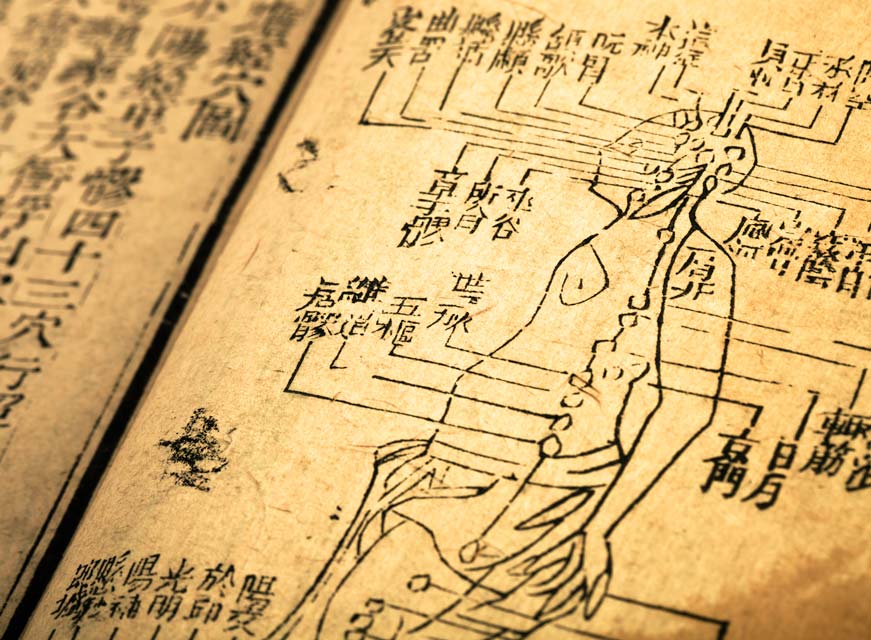Powerful Immune System Support

Astragalus (also known as Huang Qi) is a perennial plant that has been traditionally used to boost the immune system. Considered an adaptogenic herb, Traditional Chinese Medicine (TCM) advocates the use of astragalus to strengthen and restore balance to Qi. Its root, often referred to as Radix Astragali, is essential to many Chinese medicinal formulas prescribed on this basis. Some of these herbal formulas date back over 1000 years to the Song Dynasty(906-1276).(23, 72)
One such formula was designed with astragalus as its primary ingredient by Imperial Physician's College herbalists. It was used to treat:(23)
- Anemia
- Fatigue
- Unintentional weight loss
Today research into the immune-supporting properties of astragalus have helped explain how astragalus works. Some medical uses have produced promising clinical trial results and applied to modern medical practices. For example, because astragalus boosts immune function and relieves symptoms associated with chemotherapy and other cancer therapies, herbal formulas and astragalus (by itself) are currently included in integrative cancer treatment.(23)
How Does It Work?
Chinese traditional medicine asserts that astragalus improves immunological activity and the ability to resist illness. A number of studies have determined some of the mechanisms by which astragalus and its compounds support the immune system:(23, 51-52, 55, 60, 72, 77, 85-100)
| Astragalus Action | Why Is This Important? |
|---|---|
|
The spleen is a small organ that lays to the left of the top of the stomach. It plays a role in the immune system by:
|
|
|
|
|
|
|
These immunological effects explain at least some of the antiviral, antibacterial, anti-inflammatory, and antitumor effects that astragalus demonstrates.
